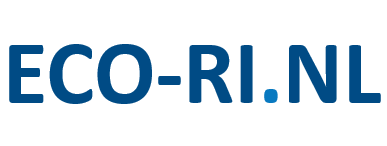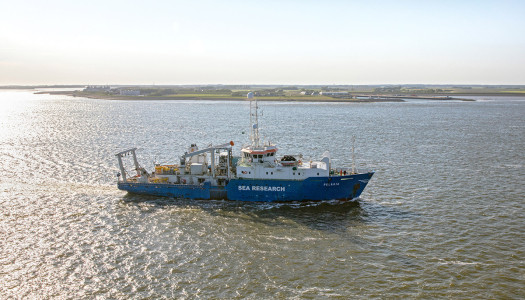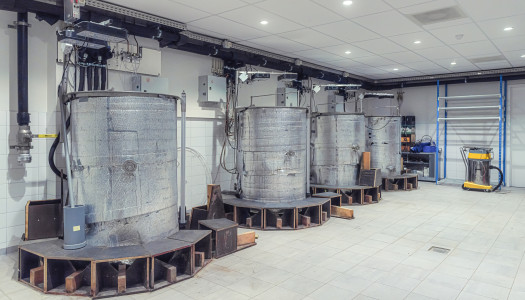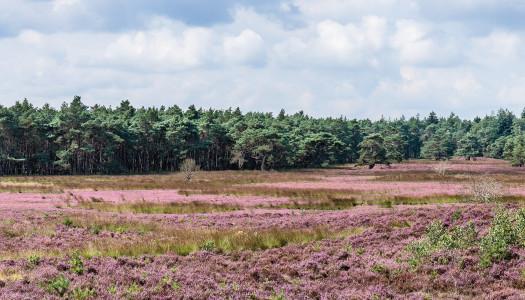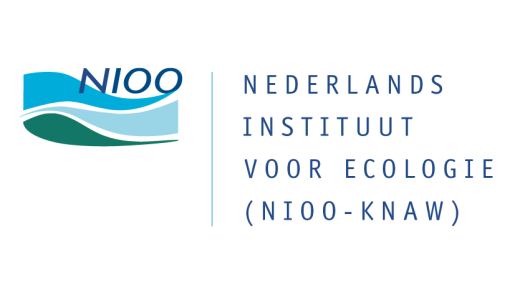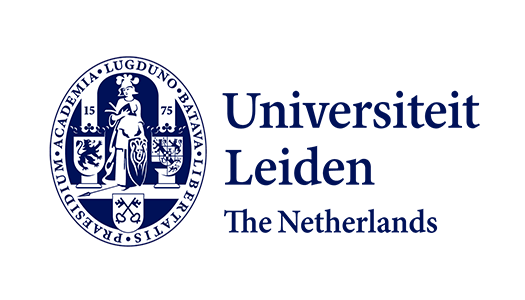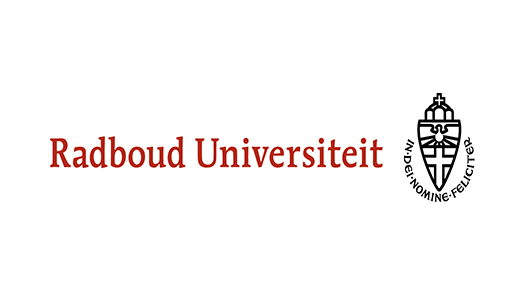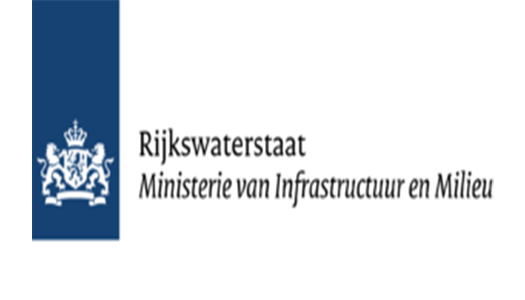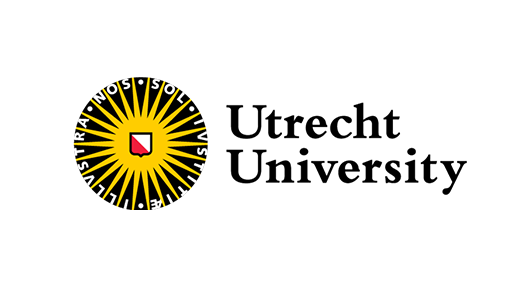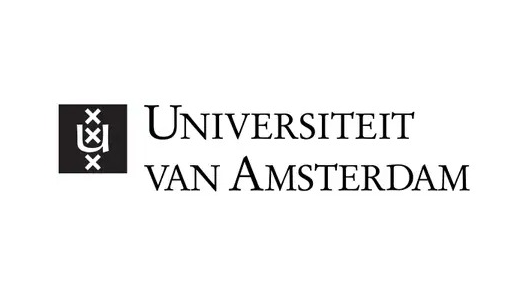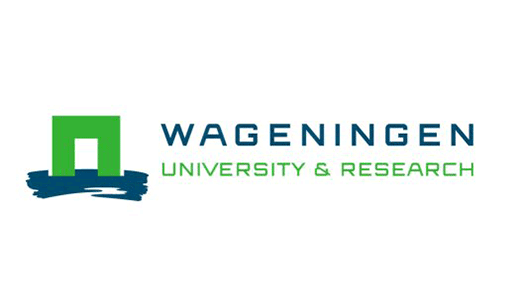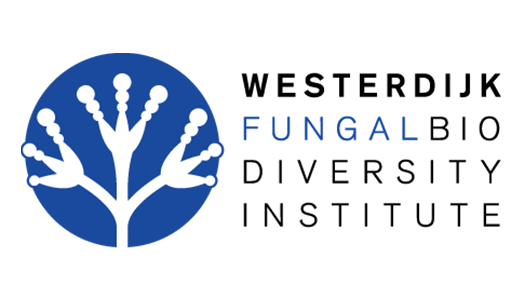Ecological research infrastructures in the Netherlands
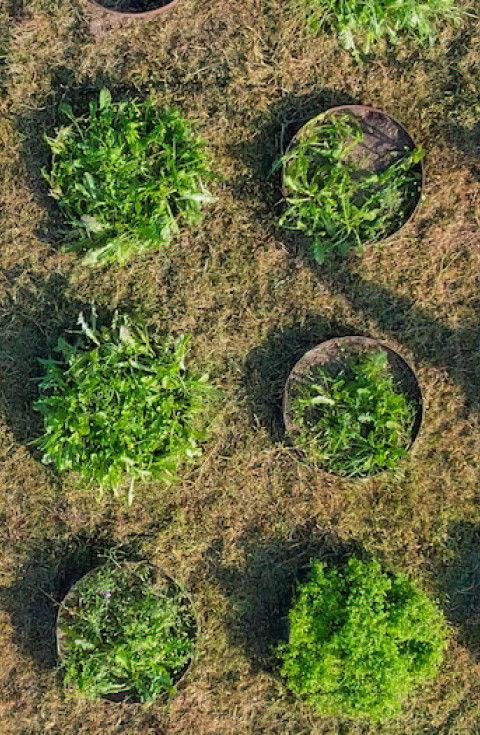
From experimental mini-ponds to research vessels, and from living labs to collections: in The Netherlands we have many ecological research facilities. This website provides a national overview of the large-scale ecological research infrastructures.
For ecological researchers in the Netherlands this overview offers opportunities to team up with other researchers and to link to existing ecological research facilities and initiatives. Currently, the inventory of large-scale ecological research facilities focuses on ecotrons, scientific (data) collections, long-term field studies and research infrastructures for fieldwork.
Map
List
-
Aqua-flex Arena: Outdoor mesocosms
The Aqua-flex Arena is a fenced terrain (2500 m2; 80 x 32m) for performing outdoor mesoscosm experiments throughout the year, in the immediate promixity of the NIOO Aquatic Laboratories. Experiments can be performed with > 100 experimental units. There is great flexibility in the spatial set up of experimental units.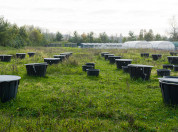
-
Aquaria
The Netherlands Institute of Ecology (NIOO-KNAW) houses 8 long glass aquaria (180 x 40 x 40 cm in length x width x height, 288L) and 24 shorter glass aquaria (90 × 50 × 50 cm in length x width x height, 225L). The aquaria can be kept at different temperatures which can be controlled by an automatic control system (Cascade Automation Systems, Ridderkerk, the Netherlands).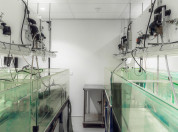
-
BioCliVE
The Utrecht University Biodiversity and Climate Variability Experiment, UU BioCliVE, is an experiment manipulating plant diversity and future precipitation scenarios to examine how biological diversity can provide us with natural insurance against climate change.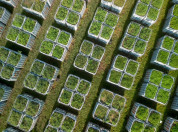
-
Limnotrons
The limnotrons are nine stainless steel indoor mesocosms with a high level of control. The dimensions are: 0.97 m in diameter, depth between 1.32 m (side) and 1.37 m (centre), volume of 922 L. The vessels can be closed with a removable PMMA flange lid. In addition to the possibility of sampling vertically with specifically designed integrated water samples, sampling can also be done by using the sampling ports positioned at three depths.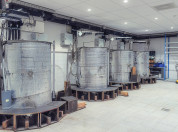
-
Mesocosms for soil-plant-insect interactions
A total of 40 mesocosms are distributed in five rows of eight mesocosms with a spacing of 0.5 m between them. In spring/summer we grow plant species that are currently expanding their range within Europe and species that belong to the same genus while being native in the Netherlands.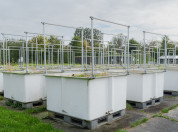
-
Microcosms
The Netherlands Institute of Ecology (NIOO-KNAW) houses 36x10L microcosms (transparent polycarbonate carboys; NALGENE, Rochester, USA) for plankton research. The microcosms can be temperature-controlled in water baths (at 0.5 °C temperature resolution), and automatically stirred through magnetic stirrers mounted below the water baths.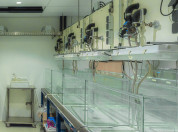
-
NPEC - Ecotron
NPEC’s Ecotron facility at Utrecht University consists of a range of 36 fully closed and controlled mesocosm systems that allow for real-life plant ecosystem analyses in real time.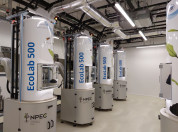
-
NPEC – Multi-Environment Climate Chambers
NPEC’s Multi-Environment Climate Chambers Module hosts a series of 15 small climate chambers with the highest level of homogeneity in temperature, humidity, and light intensity available.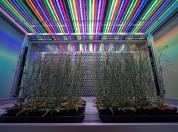
-
NPEC – Plant-Microbe Interaction Phenotyping
The Plant-Microbe-Interaction Phenotyping Module consists of two independent phenotyping installations designed for high-throughput phenotyping of the plant shoot (Helios) and in-vitro root system (Hades).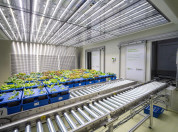
-
Soil ecotron
The ecotron consists of 60 cilinders with intact (non-disturbed) sand, peat or sea clay cores (20 each). For each soil treatment, ten of the cilinders are inoculated with soil from species-rich grassland with the same soil type. The other ten are inoculated with sterile soil from the same grassland. The cilinders are buried in an experimental garden.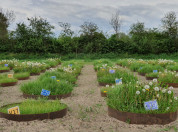
-
Waterfowl facility
This is a facility for keeping waterfowl for behavioural and physiological research. The facility consists of an outdoor aviary and a building for birds indoors.
www.eco-ri.nl is initiated and maintained by the Netherlands Institute of Ecology (NIOO-KNAW), and supported by the Dutch universities and research institutes connected to NERN (Netherlands Ecological Research Network) and/or BiodiversityXL (Centre of Excellence for Netherlands Biodiversity Research).
The inventory of ecological research infrastructures is ongoing.
Highlighted ecological research infrastructures
-
National Research Fleet
The National Research Fleet consists of three research vessels: RV Pelagia, RV Navicula and RV Adriaen Coenen.
-
Limnotrons
The limnotrons are nine stainless steel indoor mesocosms with a high level of control.
-
LTSER-platform Veluwe
The Veluwe is the largest connected nature area of the Netherlands, with a great array of ecological and socio-economic research.
Contact
If you have any additions to the inventory, please contact the NIOO Research Support Office via rso@nioo.knaw.nl.
